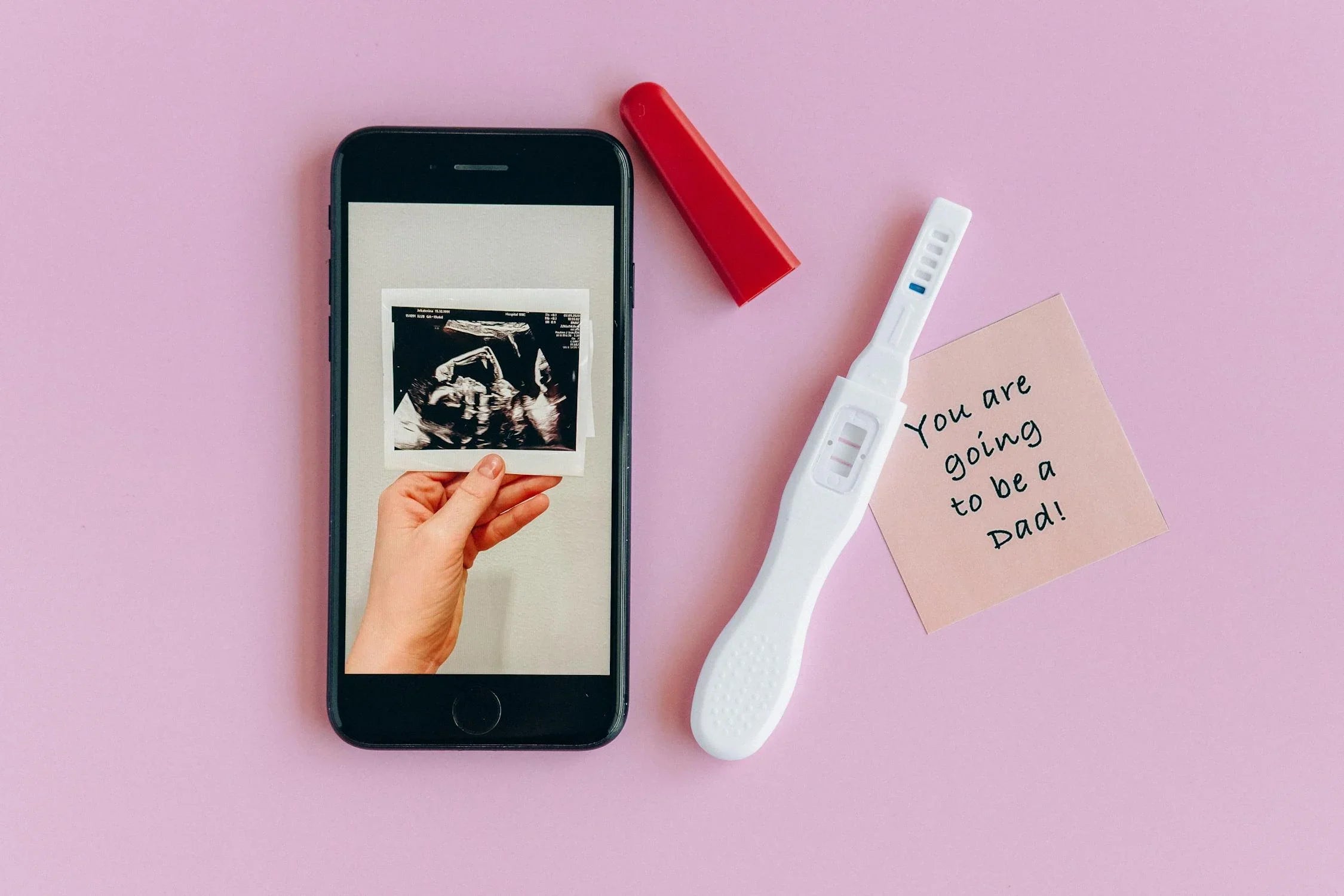Accueil
Pregnancy, Breastfeeding, and Pumping: The Ultimate Guide for Moms
How Soon Can Do a Pregnancy Test: Everything You Need to Know

How Soon Can Do a Pregnancy Test: Everything You Need to Know
Are you wondering how soon you can do a pregnancy test? Whether you're eagerly hoping for a positive result or feeling anxious about a possible pregnancy, timing is everything. Knowing when to take a pregnancy test can make all the difference in getting accurate results. This article will guide you through the process, explaining how pregnancy tests work, when to take them, and what factors can affect their accuracy.
Understanding How Pregnancy Tests Work
Pregnancy tests detect the presence of a hormone called human chorionic gonadotropin (hCG) in your urine or blood. This hormone is produced by the placenta shortly after a fertilized egg attaches to the uterine lining. The levels of hCG increase rapidly in the early stages of pregnancy, doubling approximately every 48 to 72 hours.
Most home pregnancy tests are designed to detect hCG in urine. These tests are convenient, affordable, and easy to use. Blood tests, on the other hand, are typically performed in a healthcare setting and can detect pregnancy earlier than urine tests. However, they are less commonly used for routine pregnancy confirmation.
When Can You Take a Pregnancy Test?
The timing of a pregnancy test is crucial for accurate results. Here's what you need to know:
After a Missed Period
The most reliable time to take a pregnancy test is after you've missed your period. By this time, hCG levels are usually high enough to be detected by most home pregnancy tests. If your menstrual cycle is regular, this is the best time to test.
Before a Missed Period
Some pregnancy tests claim to detect hCG levels as early as 6 to 8 days after ovulation. However, testing this early can lead to false negatives, as hCG levels may not yet be high enough to detect. If you test before your missed period and get a negative result, it's a good idea to retest after a few days or after your period is due.
After Implantation
Implantation occurs when the fertilized egg attaches to the uterine lining, usually 6 to 12 days after ovulation. After implantation, hCG production begins, and levels start to rise. Testing too soon after implantation may not yield accurate results, as hCG levels are still low.
Factors That Affect Pregnancy Test Accuracy
Several factors can influence the accuracy of a pregnancy test:
Timing of the Test
As mentioned earlier, taking a test too early can result in a false negative. Waiting until after your missed period increases the likelihood of accurate results.
Test Sensitivity
Different pregnancy tests have varying levels of sensitivity to hCG. Some tests can detect lower levels of hCG, making them more effective for early testing. Check the packaging to determine the sensitivity of the test you're using.
Proper Usage
Following the instructions on the pregnancy test is essential for accurate results. Using the test at the wrong time of day, not waiting long enough for results, or misinterpreting the results can lead to errors.
Medications and Medical Conditions
Certain medications and medical conditions can affect hCG levels or interfere with pregnancy test results. If you're unsure, consult a healthcare professional for guidance.
Tips for Taking a Pregnancy Test
To maximize the accuracy of your pregnancy test, follow these tips:
Use Your First Morning Urine
Your first morning urine is the most concentrated and contains the highest levels of hCG. This makes it the best sample for testing, especially if you're testing early.
Read the Instructions Carefully
Each pregnancy test comes with specific instructions. Make sure to read and follow them carefully to avoid mistakes.
Wait for the Recommended Time
Most pregnancy tests require a few minutes to produce results. Avoid checking the test too early or too late, as this can lead to misinterpretation.
Confirm with a Healthcare Professional
If you get a positive result, schedule an appointment with a healthcare provider to confirm the pregnancy and begin prenatal care. If you get a negative result but still suspect you might be pregnant, wait a few days and retest or consult a healthcare professional.
What to Do After Taking a Pregnancy Test
Once you've taken a pregnancy test, it's important to know what steps to take next:
Positive Result
A positive result indicates that you're pregnant. Schedule an appointment with a healthcare provider to confirm the pregnancy and discuss next steps, such as prenatal care and lifestyle adjustments.
Negative Result
A negative result means that hCG was not detected in your urine. If you still suspect you might be pregnant, wait a few days and retest. If your period doesn't arrive and you continue to get negative results, consult a healthcare professional to rule out other causes.
Unclear Result
Sometimes, pregnancy test results can be unclear, such as a faint line or an error message. In these cases, retest using a new pregnancy test or consult a healthcare professional for clarification.
Emotional Considerations
Taking a pregnancy test can be an emotional experience, whether you're hoping for a positive or negative result. It's important to take care of your mental and emotional well-being during this time. Reach out to a trusted friend, family member, or counselor for support if needed.
Remember, a pregnancy test is just the first step in your journey. Whether you're planning to start a family or exploring your options, take the time to process your feelings and make informed decisions.
Ready to take the next step? Understanding how soon you can do a pregnancy test and how to use it correctly can help you navigate this important moment with confidence. Whether you're eagerly awaiting a positive result or feeling uncertain, knowledge is your best ally. Take a deep breath, follow the guidelines, and trust the process. Your journey is just beginning.
Partager

